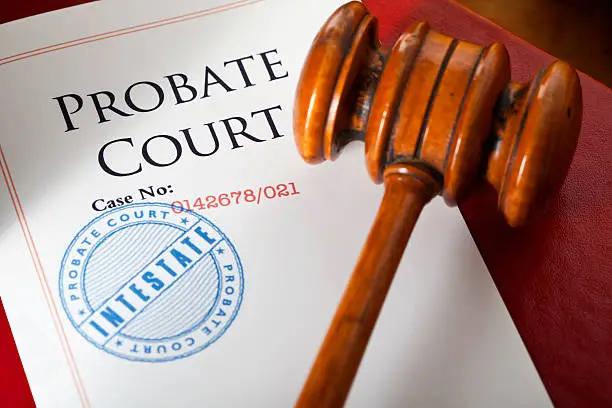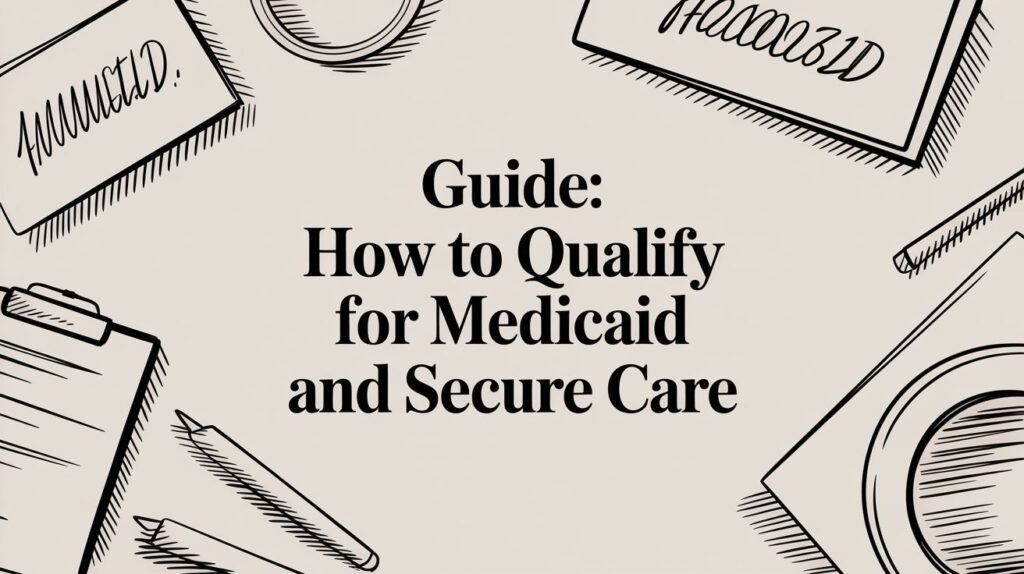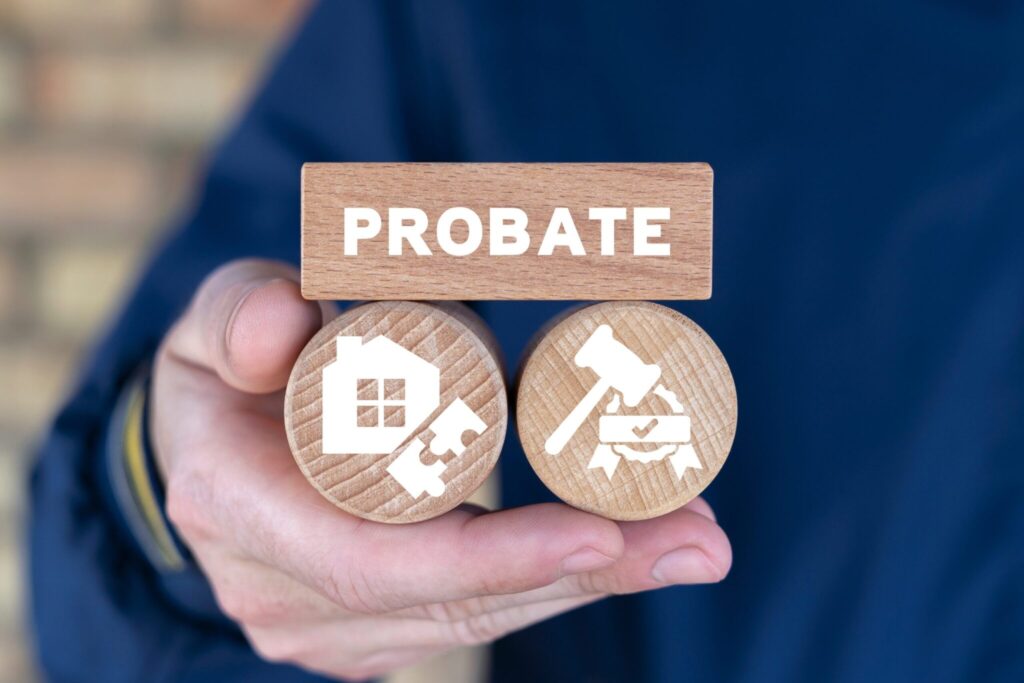Real estate investing has long been a lucrative avenue for building wealth. Among the myriad opportunities available, probate properties often go overlooked, especially by novice investors. In Texas, these properties represent a unique investment opportunity that can offer considerable returns if navigated correctly. Understanding how probate works and knowing the potential benefits and challenges can give real estate investors a significant advantage in the market.
In this comprehensive article, we’ll explore how real estate investors can benefit from probate properties in Texas. We’ll dive into the probate process, strategies for finding and purchasing these properties, and key legal and financial considerations to keep in mind.
Understanding Probate in Texas
Probate is the legal process that occurs after someone passes away, during which their estate is settled. This includes paying debts, taxes, and distributing assets according to the decedent’s will, or by Texas intestacy laws if no will is present. A significant part of the estate often includes real estate.

In Texas, the probate process can range from simple to complex, depending on factors like the size of the estate, the existence of a will, and the presence of any disputes among heirs. Here’s how the probate process typically works:
- Filing the Will with Probate Court: The executor (or administrator, if no will exists) files the will in the county probate court where the decedent lived.
- Inventory of Assets: All assets, including real estate, are inventoried, and any outstanding debts are paid. This includes notifying creditors of the probate process.
- Distribution of Assets: Once the court approves the inventory and payment of debts, the remaining assets are distributed to heirs according to the will or state law.
The process can take several months to over a year, but the estate’s real estate can sell during probate, offering opportunities for real estate investors.
Why Probate Properties Are Attractive to Investors
Probate properties are appealing for several reasons, primarily because they are often sold below market value. The heirs and estate executors typically want to liquidate the property quickly, either to pay off debts or to settle the estate. Here are the key reasons why real estate investors should pay attention to probate properties:
1. Lower Prices and Less Competition
Heirs often rush to sell the property to escape the burden of maintenance, taxes, and other carrying costs. As a result, sellers frequently list probate properties below market value, offering investors substantial profit potential.
Additionally, fewer investors focus on probate properties, meaning there’s often less competition than in other areas of real estate investing, especially in hot markets like Austin, Dallas, or Houston. By tapping into probate listings, investors may find hidden gems that aren’t on the radar of most buyers.
2. Potential for Property Improvements

Many probate properties are older homes or estates that haven’t been updated or maintained in years. These properties offer a perfect opportunity for investors who specialize in “fix and flip” strategies. Investors can purchase these homes at a lower cost, make renovations, and sell them at a significant profit.
Even investors looking for long-term rental properties can benefit from probate real estate by making necessary upgrades and improvements, then leasing the property for consistent income.
3. Flexibility in Negotiations
Heirs and estate executors may prioritize selling the property quickly over achieving the highest possible price. This can provide room for negotiation. Investors who can close quickly, pay in cash, or offer terms that appeal to the sellers’ needs may be able to secure probate properties for less than other potential buyers.
In addition, if there are multiple heirs involved, they may be eager to finalize the sale to avoid prolonged dealings with the property. This can give investors leverage when negotiating purchase prices and terms.
4. Probate Properties in Growing Markets
Texas, known for its robust real estate market, continues to experience significant growth, particularly in cities like Austin, Dallas, San Antonio, and Houston. Probate properties in these expanding markets are ideal for real estate investors. Acquiring property in rapidly appreciating neighborhoods provides the opportunity for capital growth.
For instance, an investor might find a probate property in a burgeoning part of Austin that, with minimal updates, could increase in value dramatically within a few years, offering a solid return on investment (ROI).
5. Opportunities in Probate Auctions
Some probate properties go to auction if the estate executor or heirs are unable to sell the home through traditional channels. Auctions present a unique opportunity for investors to acquire properties at deeply discounted prices. However, they require quick decision-making, and investors need to perform due diligence beforehand to ensure they’re getting a good deal.
How to Find Probate Properties in Texas

Now that you understand the benefits of probate properties, the next step is learning how to find these opportunities. There are several ways to identify probate properties that may be available for purchase:
1. Courthouse Research
Since probate filings are public records, one of the most direct ways to find probate properties is by visiting the probate courts in the county where you’re interested in investing. By reviewing probate filings, you can find estates that include real estate and note when these properties may become available for sale.
While this method is time-intensive, it’s a reliable way to access probate listings before they hit the open market, giving you a competitive edge.
2. Working with Probate Attorneys
Building relationships with probate attorneys can be a fruitful strategy for finding probate properties. Attorneys who specialize in probate cases may have clients looking to sell estate properties, and they can connect you with these opportunities. In some cases, attorneys may recommend you as a buyer if they know you are reputable and willing to work quickly to purchase properties.
3. Real Estate Agents Specializing in Probate
Some real estate agents focus specifically on probate properties and have deep knowledge of the process. These agents can help you identify listings, navigate negotiations, and ensure you comply with probate laws and court requirements. Working with a knowledgeable probate real estate agent is a smart move, especially for investors new to this area of real estate.
4. Online Probate Listings
Several websites aggregate probate listings, making it easier for investors to find properties without physically visiting the courthouse. These platforms may charge a fee, but they streamline the process by listing available probate properties in Texas. Examples include probatepropertysearch.com and local MLS databases with specific filters for probate properties.
5. Networking with Executors and Heirs
Networking can be a powerful tool in real estate investing. Join investment clubs or local real estate groups and let members know you’re interested in probate properties. Executors and heirs within these networks might offer you a chance to purchase properties before they hit the broader market.
Key Considerations When Investing in Probate Properties
Investing in probate properties can be highly rewarding, but there are essential considerations to keep in mind:
1. Probate Laws in Texas
Probate laws vary from state to state, and Texas has its own set of rules and regulations that investors must follow. Understanding the Texas probate process, including the types of probate (independent and dependent administration), is critical to ensuring a smooth transaction. Independent administration allows for less court supervision, making the process faster and more straightforward, which is advantageous for investors.
It’s essential to consult with a probate attorney who can guide you through the process and help you avoid any legal pitfalls.
2. Due Diligence is Crucial
Before purchasing any probate property, thorough due diligence is vital. This includes:
- Title Search: Ensure the property has a clear title and there are no liens, back taxes, or encumbrances that could complicate the sale.
- Property Condition: Many probate properties may have been vacant for an extended period or lack regular maintenance. A detailed inspection will help you understand any potential repair costs and whether the property is a good investment.
- Appraisal: Get an accurate appraisal of the property to ensure you are not overpaying, especially if you’re buying at auction or in a competitive market.
3. Financing Options
Many probate properties are sold in “as-is” condition, and some sellers may prefer cash buyers who can close quickly. This can limit your financing options if you plan to use a mortgage. If you can’t buy the property outright, consider hard money loans or other creative financing strategies to secure the deal.
4. Dealing with Multiple Heirs
If multiple heirs are involved in the sale of a probate property, the negotiation process can become more complicated. Heirs may disagree on the sale price or the timeline for selling the property. Be prepared to navigate these challenges with patience and tact. Clear communication and a willingness to accommodate the sellers’ needs can help you close the deal.
Key Takeaways for Investing in Texas Probate PropertiesConclusion
Probate properties in Texas offer a wealth of opportunities for real estate investors, from acquiring properties at below-market prices to capitalizing on growing markets. However, success in this niche requires a solid understanding of the probate process, diligent research, and careful legal and financial considerations.
By developing relationships with probate attorneys, real estate agents specializing in probate, and leveraging resources like courthouse records and online listings, you can uncover valuable opportunities that other investors may miss. With patience, persistence, and a strategic approach, probate properties can become a key component of your real estate investment portfolio in Texas.








